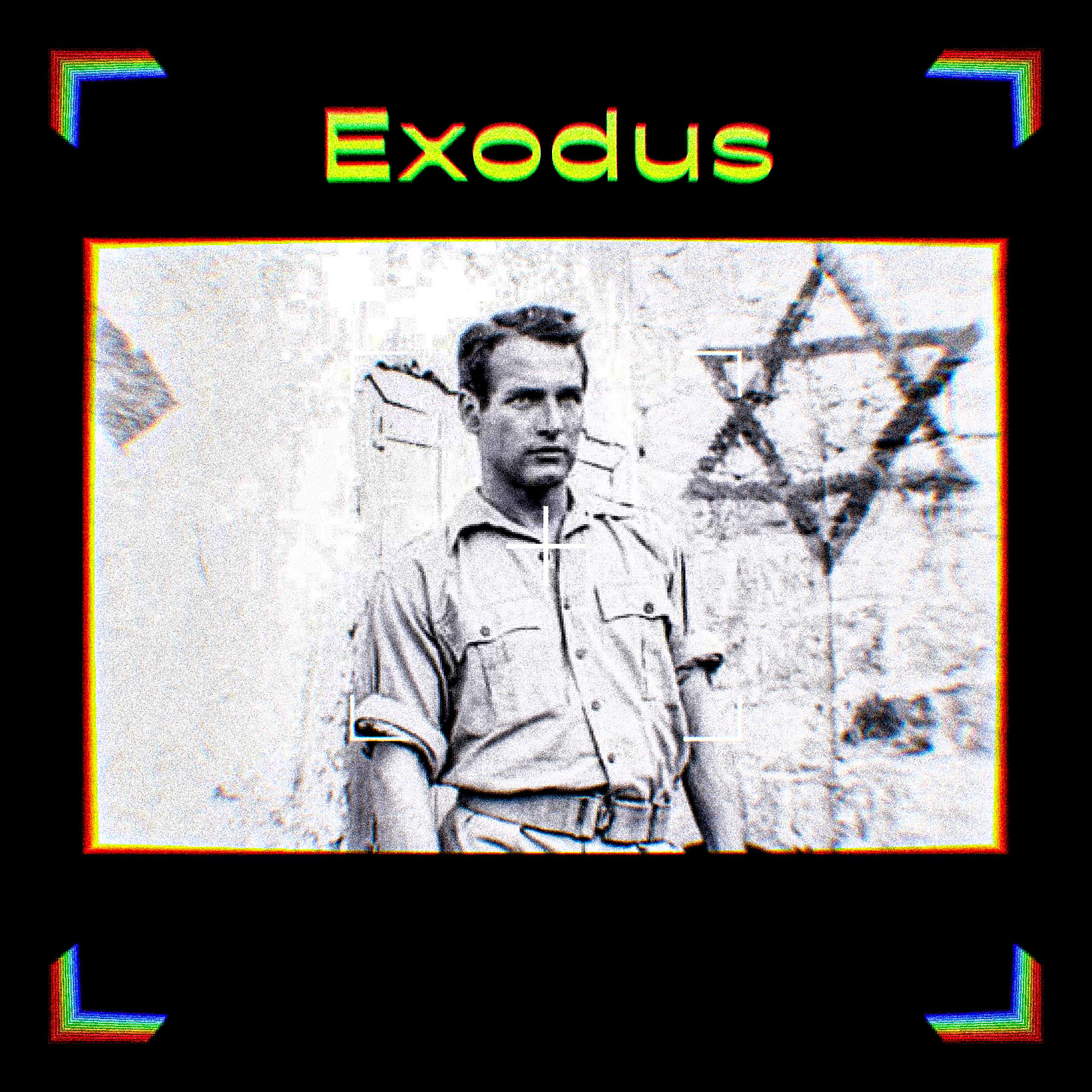Exodus from Liberal Zionism
I grew up stunningly ignorant about Jews and Israel.1
I had Jewish friends in high school, but they never drew attention to their identities except around Christmas. Central Florida in the ‘90s wasn’t all harmony and rainbows; racism was very present. But it was a melting pot of every ethnicity, especially Jews, Puerto Ricans, and Southern Whites. And Je…


